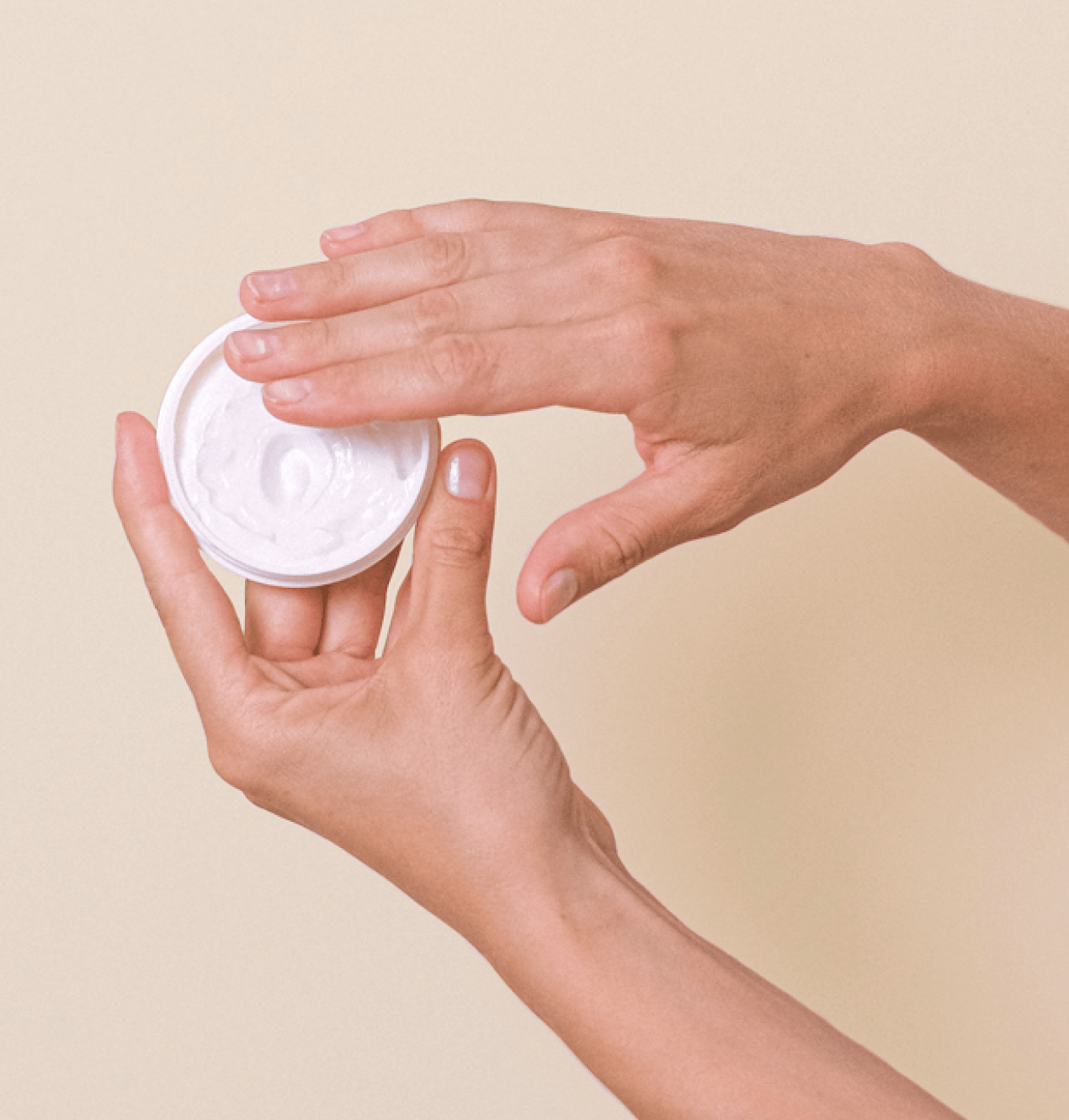Is Hormonal Weight Gain a Thing?
Menopausal weight gain is directly related to the decrease of hormones. Understand the true source of weight gain, and you can shed extra pounds, and prevent scale creep.
Why is it so Critical to Prevent Weight Gain at Menopause?
Simply put, most women are overweight at midlife because their hormones are out of whack, and that type of weight gain is dangerous. Added health risks include: Heart disease, High blood pressure, Cancers, Stroke, Arthritis, Type 2 Diabetes.
Ways to Prevent & Reverse
Menopausal Weight Gain

- 1
Try Hormone Replacement Therapy (HRT)
Taking HRT can prevent weight gain. Menopausal women taking HRT tend to have less body fat, especially abdominal fat. Address the hormonal root causes of weight gain, and weight loss resistance, to achieve your goals.
- 2
Stop the Fatigue Due to Night Sweats
Night sweats can create an endless cycle of fatigue. We eat and snack more when we are tired. HRT reduces night sweats more effectively than any other treatment, allowing for restful sleep, decreased anxiety, and improved weight loss.
- 3
Regain Lean Muscle Mass
As we age, muscle mass decreases, fat levels increase, and our metabolism bottoms out. So, the number of calories needed per day also decreases, and weight gain is inevitable if not corrected.
- 4
Switch the Workouts
The body doesn’t burn as many calories doing the same at 55 as it did at 35. So, it may be time to change up your exercise routine, and try something new.

- 5
Get Help for Mood & Anxiety Changes
Menopausal women have increased anxiety and depression, and are more likely to gain weight. Progesterone is the most potent anti-anxiety 'feel good' hormone for aging women.
- 6
Tune In to Taste Expectations
The ability to sense taste is influenced by blood hormone levels, and when levels drop tastes decrease. Less taste can lead to eating more.
- 7
Move More
Vigorous, aerobic exercise as well as strength training, will help shed weight, and prevent weight gain. Due to overuse or injury, bones and joints often don’t allow for a quick run. Time to find a new way to move.
- 8
Eat & Drink Less
A woman in her 50s can expect to burn about 200 fewer calories per day than in her 30s. Alcoholic drinks add excess calories, and increase the risk of gaining weight.
Details About the Hormones of Weight Gain

Estrogen
Estrogen can strongly regulate and reduce food intake, which translates to weight loss. Too little or too much estrogen, and weight gain often result.
Progesterone
Progesterone is a natural antidepressant, can enhance mood, and relieve anxiety. Progesterone can help with sleep too.
Insulin’s Impacts on Weight
Insulin imbalances can lead to weight gain, obesity, and type 2 diabetes. Insulin resistance leads to high blood sugar levels. HRT improves insulin sensitivity, and can help with weight loss, and can decrease the incidence of cancer.
The Leptin & Appetite
Leptin hormone is regulated by estrogen. Leptin signals the brain that a person is full, and not to eat again. When leptin is balanced, people don’t overeat.
The Little Known Ghrelin Hormone
Ghrelin signals hunger, and is called the “hunger hormone.” Ghrelin helps the brain identify that the stomach is empty, when to eat, and how quickly hunger comes back after eating.
The Thyroid Gland Has a Critical Job
The thyroid regulates metabolism. If thyroid hormones are low weight gain, hair loss, and depression can occur. Estrogen helps regulate thyroid hormone levels.
Insulin’s Impacts on Weight
Insulin imbalances can lead to weight gain, obesity, and type 2 diabetes. Insulin resistance leads to high blood sugar levels. HRT improves insulin sensitivity, and can help with weight loss, and can decrease the incidence of cancer.
The Leptin & Appetite
Leptin hormone is regulated by estrogen. Leptin signals the brain that a person is full, and not to eat again. When leptin is balanced, people don’t overeat.

Menopausal weight gain is directly related to the decrease in the production of hormones as we age. Balancing hormone levels can help you shed excess weight, and prevent further weight gain. Most women are overweight at midlife because their hormones are out of whack, and that type of weight gain is dangerous. The health implications of weight gain at menopause cannot be overstated. Winona offers effective ways to balance hormones so you can look and feel your best.
explore treatments